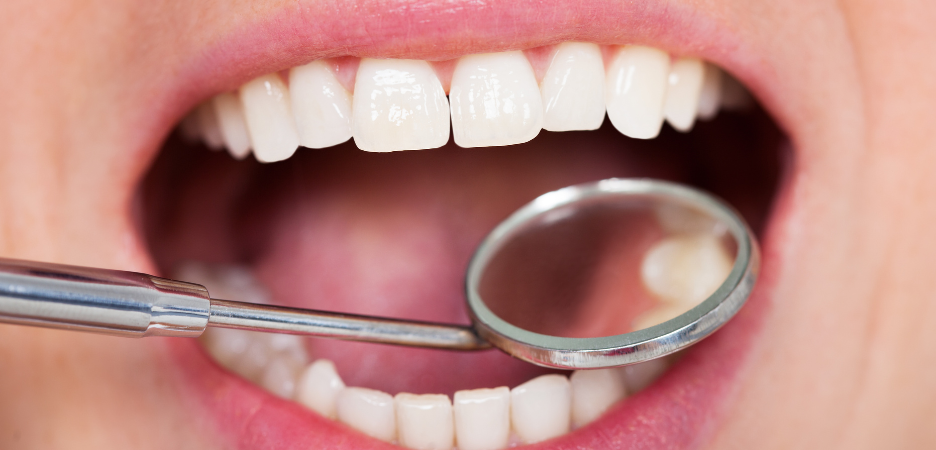

of 5 based on reviews

Dental fillings are one of the most common dental procedures performed to treat cavities, fractures and other dental issues. While dental fillings are a routine procedure, proper aftercare treatment is vital to ensure a successful outcome.
This blog will provide you with essential tips for dental filling aftercare treatment, including what to expect after the procedure, foods to avoid, how to manage pain, and common complications and how to prevent them.
Cavities occur when bacteria in your mouth produce acid that destroys tooth enamel, leading to the formation of a hole in the tooth. If left untreated, cavities can progress, leading to tooth decay, gum disease, and even tooth loss.
Dental fillings are a restorative treatment that involves removing the decayed portion of the tooth and filling it with a restorative material such as amalgam, composite resin, or porcelain. Dental fillings are necessary to prevent the progression of tooth decay and restore the tooth’s function and appearance.
In addition to cavities, fillings may also be needed to repair minor chips or cracks in teeth, or to replace old or worn out fillings that have become loose or fallen out.
Before the procedure begins, we will numb the area around the affected tooth with a local anaesthetic to minimise any pain or discomfort.
Next, we will remove any decay or damaged portions of the tooth using a drill or other dental tool. This will leave a clean, healthy surface for the filling to be placed.
Once the tooth is prepared, we will select a filling material that matches the colour of the tooth and blends in with the surrounding teeth.
The filling material is then applied to the prepared tooth and shaped to match the contours of the tooth. We will then use a curing light to harden the filling material and ensure it adheres to the tooth.
Finally, we polish the filling to smooth out any rough edges and make it blend in seamlessly with the rest of the tooth.

After a dental filling procedure, you may experience some discomfort and sensitivity. This is normal and should subside within a few days. We’ll recommend some over-the-counter pain medication to manage any discomfort. You may also experience some swelling and bruising, which should also subside within a few days.
It is important to avoid eating or drinking anything hot or cold until the anaesthesia has worn off to prevent further sensitivity. You should also avoid chewing on the treated tooth until it has fully healed.
Don’t worry, we will provide you with specific aftercare instructions to follow, including brushing and flossing techniques and when to schedule a follow-up appointment.
While dental fillings are a routine procedure, there are some common complications that can occur. These include:
To prevent these complications, it is important to follow our aftercare instructions and maintain good oral hygiene.

Regular dental checkups are essential to maintain good oral health and detect any issues early on. Your dentist can perform a thorough cleaning and check for any signs of decay, gum disease, or other dental issues. Dental X-rays can also help detect any issues that may require treatment. It is recommended to visit your dentist every six months for a routine checkup and cleaning.
Alternative options to dental fillings
Sometimes, alternative options to dental fillings may be recommended. These include:
Dental crowns: Dental crowns are a restorative treatment that covers the entire tooth, providing additional strength and protection.
Root canal therapy: This treatment involves removing the nerve tissue of the tooth, which runs in canals along the roots of the tooth, and filling this space to prevent further infections.
Dental implants: Dental implants are a restorative treatment that involves replacing a missing tooth with an artificial tooth.
We will recommend the best treatment option based on your individual needs and the extent of the dental issue.
Proper aftercare treatment is essential to ensure a successful outcome. By following these tips for dental filling aftercare treatment, you can help prevent complications and maintain good oral health.
If you feel like you may need a dental filling, contact us immediately to book your consultation

Book your next appointment, arrange a consultation or enquire about becoming a member of our award-winning dental practice.
Enquire Now

Don’t compromise your dental care by going for second best or delaying treatment. Go for the very best that modern dentistry can offer and spread your investment with our 0% finance.
* Up to 24 months is interest free. If you would like to take finance over a longer period then an interest charge will apply.
** Interest free finance spread across up to 24 months for treatments valued over £300.00